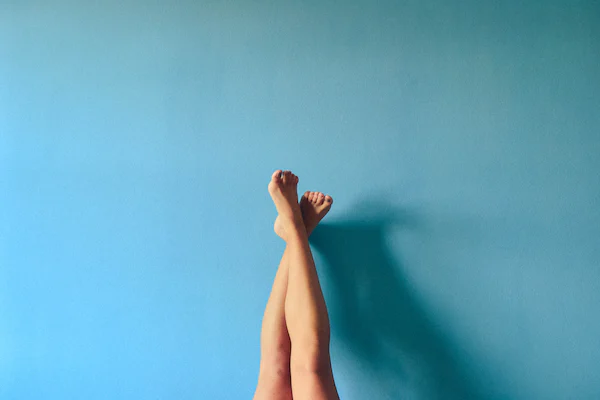Hot flashes are generally self limiting, and yet some women will persist in having them. You and your gnyo can decide if you should treat. Non-hormonal lifestyle changes will be very beneficial to many women as well. Hormones are thought to be the most effective, and there are hundreds of safe and effective dosages. Be wary of dosages and forms that are not safe, and be sure you have a health check clearance before you begin on any. There are many women who can not find relief with hormones, and many who cannot safely take hormones. There are a variety of medications used for depression, anxiety, and hypertension that are used off label for the treatment of Hot Flashes. Women want to know the comparison of effectiveness of these forms of treatments, and yet few trials actually do include all the approaches to treatment.
New studies have looked at some of these therapies as compared with placebo and lifestyle changes.f Menopausal women with moderate vasomotor symptoms may find relief from escitalopram, low-dose dose oral 17-beta-estradiol (E2), or venlafaxine, according to a recently published group analysis of individual data from three randomized clinical trials that tested drug and non-drug interventions.
When applying this data to your symptoms, be sure to discuss with your health care provider. “A single trial designed to provide direct head-to-head comparisons of all six interventions would have required considerably larger samples sizes that were not possible within time and cost constraints.” Furthermore, intervention-specific exclusion criteria and women’s preferences would have made recruitment to a single trial testing all interventions impractical,” the researchers have been quoted to say.
Katherine A. Guthrie, PhD, from the MsFLASH Data Coordinating Center, Fred Hutchinson Cancer Research Center, the Group Health Research Institute, and the University of Washington School of Medicine, Seattle, and colleagues presented their findings in an article published online in July of 2015 in Obstetrics and Gynecology.
The trials included 899 perimenopausal and postmenopausal women with 14 or more bothersome vasomotor symptoms per week. The study interventions included 10 to 20 mg escitalopram per day, nonaerobic yoga, aerobic exercise, 1.8 g per day omega-3 fatty acid supplementation, 0.5 mg low-dose E2 per day, and 75 mg low-dose venlafaxine extended release per day.

The study showed benefit from all the medications tried, and in this study researchers found no significant effects on vasomotor symptom frequency or bother with aerobic exercise, yoga, or omega-3 supplements. It is possible that trial participants had different symptoms than the average person who does report relief from these lifestyle changes since most studies of lifestyle changes show a lot of benefit. Also there may have been flaws in these studies as most research only studies women with 50 or 60 hot flashes per week.
“These data suggest use of escitalopram, oral low-dose E2, or low-dose venlafaxine based on individual risk profiles and side effect concerns is a reasonable starting point for treating women with bothersome hot flushes” the authors conclude. But, according to us,
it cannot replace individual consultation.
Obstet Gynecol. Published online July 8, 2015. Abstract

